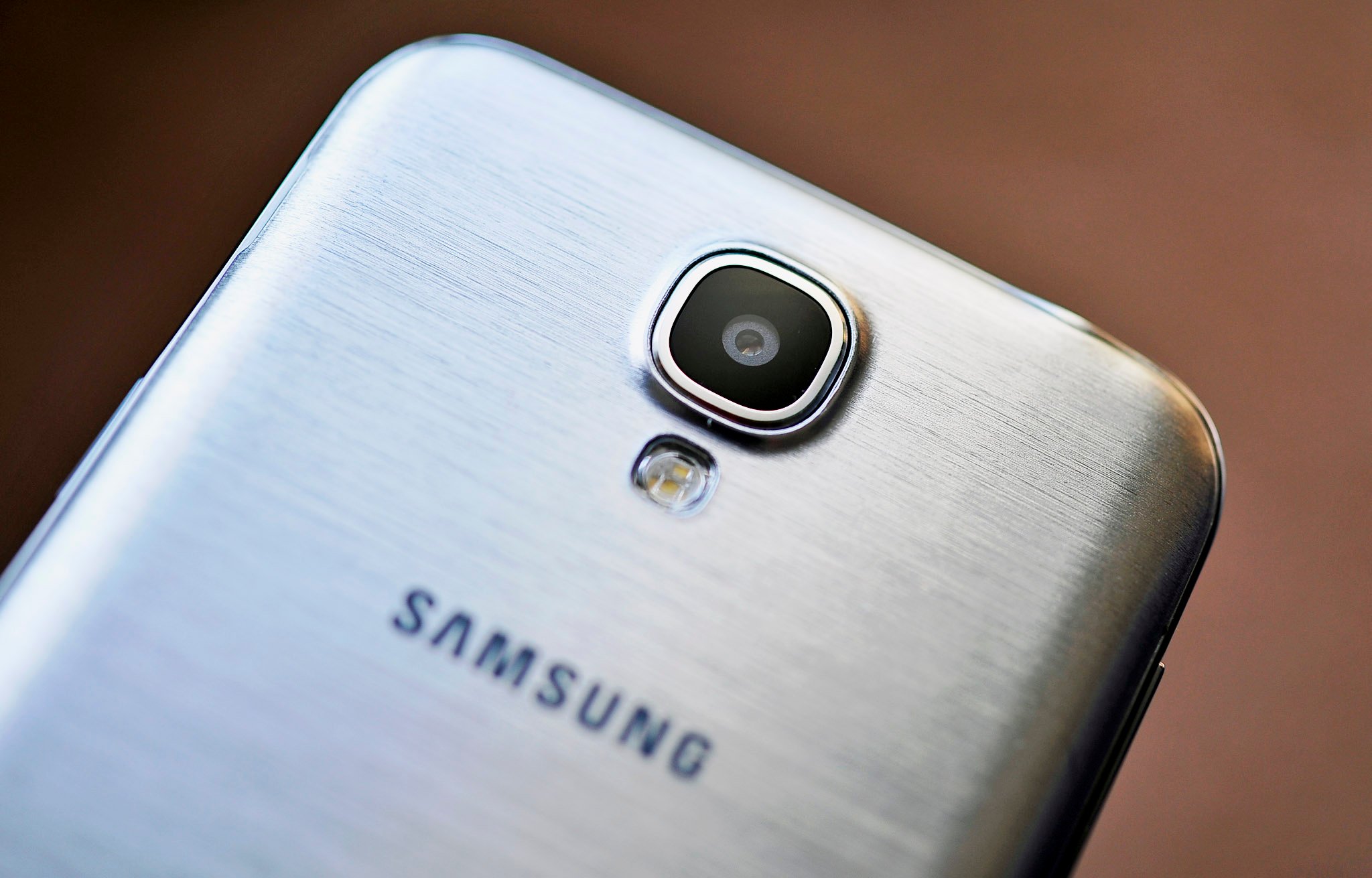Samsung calls Microsoft a direct hardware competitor, refuses to pay royalties

Microsoft filed legal action against Samsung earlier this year for failure to pay royalty on intellectual property licensed from Microsoft for its Android devices, and now Samsung is claiming that the deal between both companies, which was originally agreed upon in 2011, is void following Microsoft's acquisition of Nokia.
Samsung made similar statements when Microsoft filed a lawsuit earlier this year, but is now changing its stance to focus more on antitrust issues stemming from the fact that Microsoft is now a direct hardware competitor. Samsung's deal with Microsoft in 2011 stipulated that the South Korean vendor would share sensitive data and develop Windows Phone devices with Microsoft, which would result in a reduction in the amount to be paid in royalties from Samsung's sale of Android devices.
Essentially, the more Windows phone handsets Samsung sold, the less it would have to pay Microsoft in royalties. That proved to not be the case, with Samsung shelling out nearly $1 billion in royalties last year over sales of 300 million handsets.
Samsung is now stating that since Microsoft owns Nokia's devices unit, sharing sensitive data with the company would result in a breach of US antitrust laws. Here's what the manufacturer said in the filing:
"The agreements, now between competitors, invite charges of collusion."
Microsoft, meanwhile, mentioned in a statement to Reuters that it was "confident that our case is strong", and that it would succeed. Microsoft is also seeking $6.9 million in damages as it says that Samsung was late in paying the $1 billion royalty in 2013. We should hear more from both organizations once a decision is reached.
What do you guys think? Is Samsung's reasoning sound?
Source: Reuters
All the latest news, reviews, and guides for Windows and Xbox diehards.

Harish Jonnalagadda is a Senior Editor overseeing Asia for Android Central, Windows Central's sister site. When not reviewing phones, he's testing PC hardware, including video cards, motherboards, gaming accessories, and keyboards.
